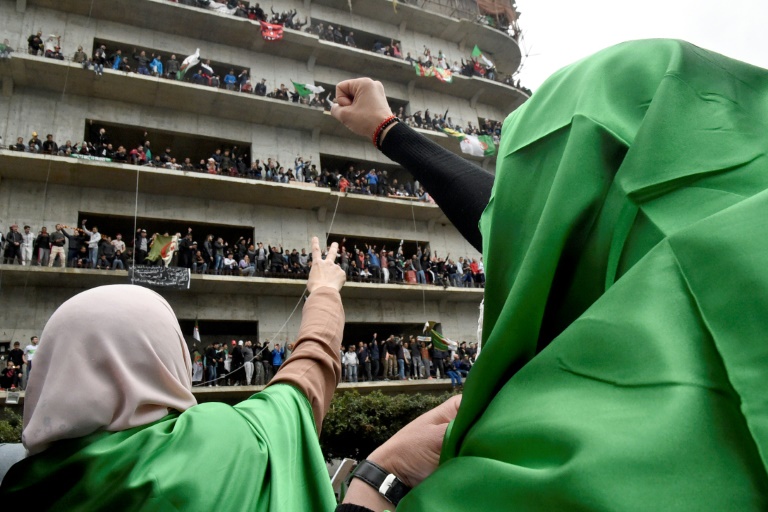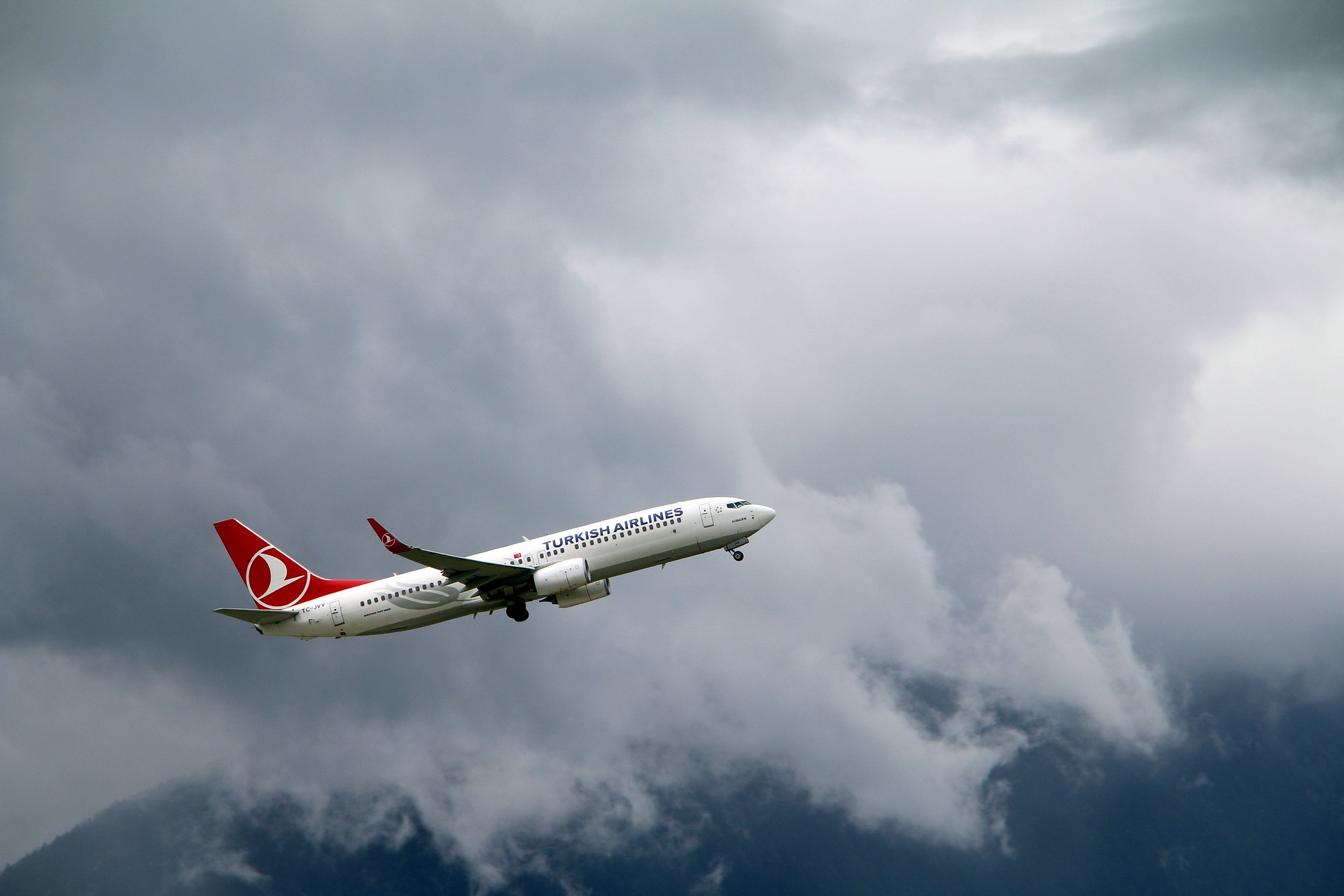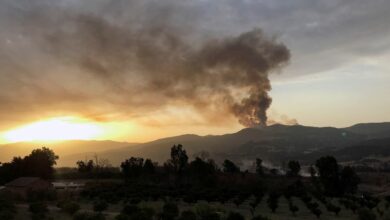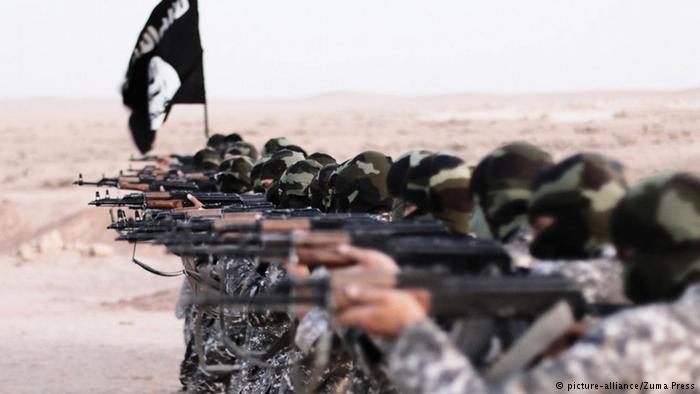
ALGIERS (Reuters) – One of President Abdelaziz Bouteflika’s few remaining allies in the face of mass protests, business leader Ali Haddad, is facing pressure to quit as head of Algeria’s main business association, a move that would further weaken the embattled head of state.
Bouteflika’s long-time strategic partners, from members of the governing FLN party to trade unionists, have abandoned the president, peeling away layers of his ruling elite.
The 82-year-old president also relied on influential figures like Ali Haddad, who has made billions through public works projects awarded by the government and investments in the media.
He also funded Bouteflika’s election campaigns and heads the FCE, a top business association whose leaders have been long-time supporters of the president.
The forum for entrepreneurs has been hit by a series of resignations from members who have turned their backs on Bouteflika since the protests began on Feb 22.
“Voices inside the FCE exist and they have publicly called for an extraordinary General Assembly to replace Ali Haddad,” said Laid Benamor, former vice president of the organization, who resigned from it after the demonstrations began.
“He is today associated with cronyism and favors. The union must return to its original purpose, an apolitical economic space, to regain credibility.”
Haddad was not immediately available for comment.
A second businessman, Ourahmoune Nabil, described Haddad as one of the symbols of Bouteflika’s system of rule and added that he must go, echoing public sentiment.
“There won’t be a real change if Bouteflika leaves and Haddad stays,” he said.
The FCE was not immediately available for comment.
NO CLEAR SUCCESSOR
Bouteflika, 82, who has rarely been seen in public since suffering a stroke five years ago, bowed to the protesters last week by reversing plans to stand for a fifth term.
But he stopped short of stepping down and said he would stay in office until a new constitution is adopted, effectively extending his present term.
His move failed to placate Algerians, who want veterans of the 1954-1962 independence war against France who dominate the establishment to step aside so a new generation of leaders can create jobs, fight corruption and introduce greater freedoms.
Even if Bouteflika quits, Algerians could face a new crisis. There is no clear successor who has won the backing of the army and is younger than 70.
One option, experts say, is to create a high council of state that will set a date for general elections.
Bouteflika and his inner circle have built a multi-layered network of power over the years that includes the military — which often orchestrates politics from behind the scenes.
On Wednesday, army Chief of Staff Lieutenant General Ahmed Gaed Salah threw his weight behind protesters, saying they have expressed “noble aims”.
The ruling National Liberation Front party, known by its French acronym FLN, has also sided with the demonstrators, leaving Bouteflika more vulnerable than ever.
Writing by Michael Georgy, Editing by William Maclean
By Lamine Chikhi




